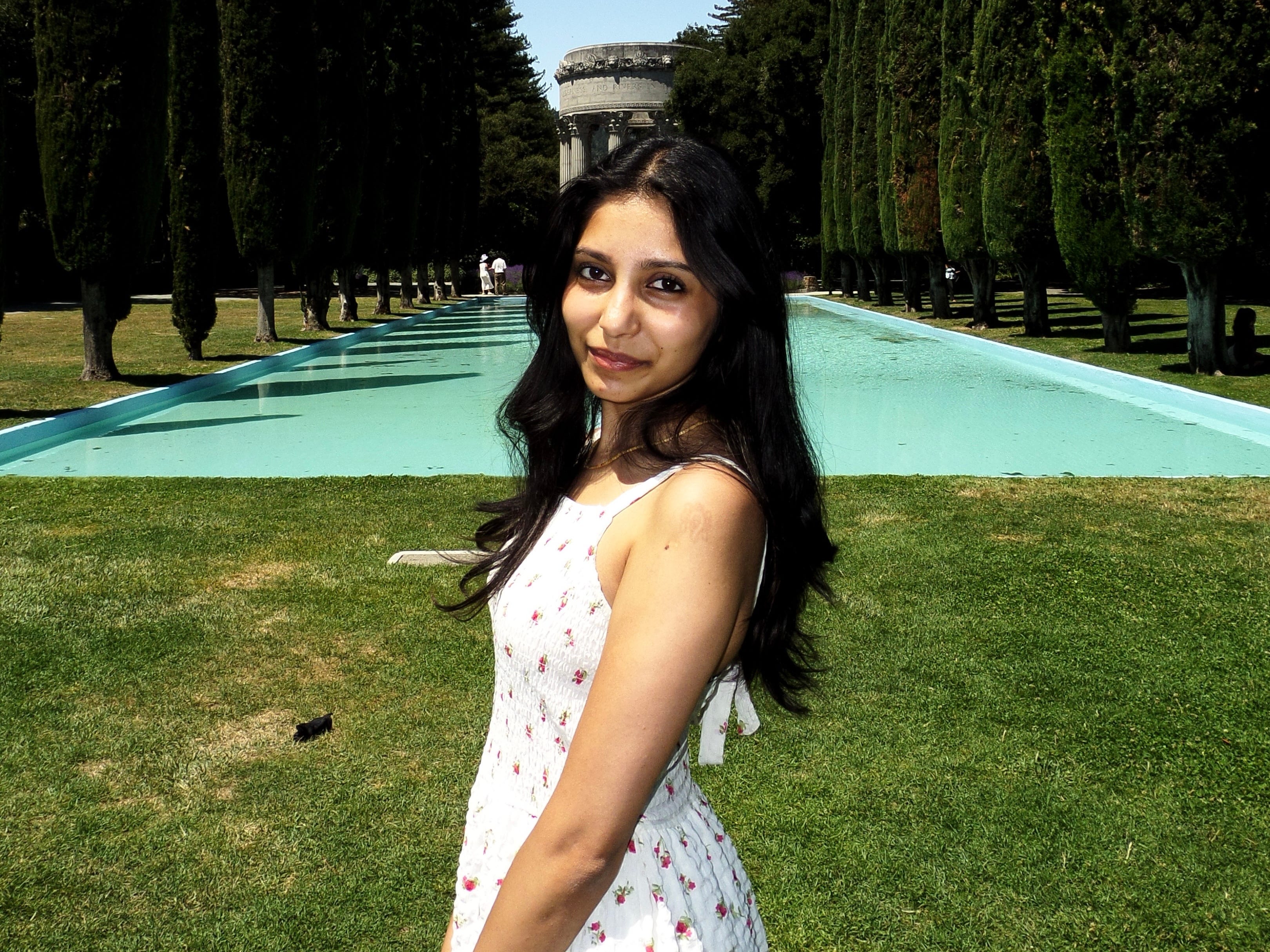
I STUDIED ENGLISH LITERATURE AND LANDED A JOB IN AI OUT OF COLLEGE. HERE'S WHY I DON'T REGRET MY MAJOR.
- Ramani Akkati transitioned from studying English literature to working in AI and data science.
- She self-studied coding and AI through online courses and resources like MIT OpenCourseWare.
- Akkati secured jobs in part by directly reaching out to startup CEOs and explaining how she could use her skillset.
This as-told-to essay is based on a conversation with Ramani Akkati, a 22-year-old tech employee. This essay has been edited for length and clarity. Business Insider verified her identity, transcript, and employment.
I planned to go to med school when I first started college, but I chose to study English literature because I enjoyed it and knew I could get a good GPA.
I gravitated toward English because I really like the analytical aspect of criticizing works and conducting poetry analysis. All of it was super interesting to me.
Now, I work at a company that uses AI to perform predictive analytics for insurance companies. I train processors to extract data so that we can templateize it and create databases. I also do some prompt engineering where I draw insights from hundreds of pages of medical records or attorney statements.
This is how I went from studying English to working in tech.
Switching gears
In my third year of college I realized I didn't want to do another 10 years in the education system for med school, so I started researching what I could do. The biggest thing that stood out to me was data science, machine learning, and AI.
Data science felt similar to English literature because you have to draw parallels between different data points and figure out how correlated they are and what impacts them.
I started self-studying data science with Coursera Udemy and did a bunch of online courses. I learned how to code and the ins and outs of AI and machine learning. ChatGPT also came out around that time so I played around with it a lot and developed prompt engineering skills by doing some projects involving ChatGPT.
I also talked to a hiring manager at Tesla for a senior AI position to get more information on what I should do. She told me to start with MIT OpenCourseWare. So I watched a lot of the videos and did the homework and practice quizzes.
How I ended up in my current job
I applied to some jobs but mostly reached out to hiring managers and directors. I ended up getting my first job at an AI startup by getting on a call with the CEO. I reached out to him and he gave me a job after interviewing me.
I got my second job, where I currently work, the same way. I reached out to the startup's CEO and they did a quick interview that turned into an internship, which became a job.
I was a bit apprehensive about switching into tech, and was worried I may have to spend a year or two learning before I could get a job. But my dad works in tech and he always said you don't need a lot of formal education to understand the basics and get your foot in the door.
I don't regret majoring in English
I have no regrets about choosing English literature as a major. But I do have some regrets about doubting it in the middle.
The biggest thing I value about studying English literature is the consideration of multiple perspectives. I think that really helps with AI or data science because it encourages you to consider different angles. I don't see a lot of that going on in more STEM-based environments because there tends to be one right answer.
If you're thinking of making a similar transition, I think the biggest thing is figuring out what you like about the humanities major you chose and figuring out how those skills can be applied externally.
It makes employers think you're creative because you're able to apply what you learned from one domain into another, which makes you more useful in the job market.
If you enjoyed this story, be sure to follow Business Insider on Microsoft Start.
2024-08-20T15:25:20Z dg43tfdfdgfd